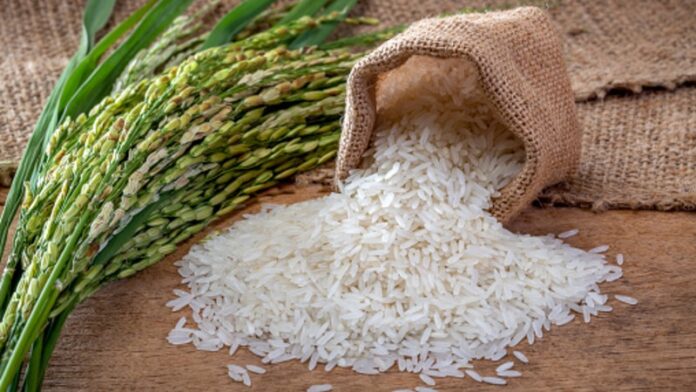The Kenyan government has authorised the release of 1,300 containers of Pakistani rice, resolving delays at the Port of Mombasa after the intervention of Pakistan’s Commerce Minister, Jam Kamal Khan.
This development marks a significant boost for bilateral trade between the two countries.
According to a press release issued here, Commerce Minister Jam Kamal Khan’s proactive efforts played a crucial role in this resolution, underscoring the strengthened economic ties between Pakistan and Kenya.
In a formal communication to Rebecca Miano, Cabinet Secretary of Kenya’s Ministry of Trade, Investment, and Industry, the Commerce Minister emphasized the importance of timely handling of the rice consignment.
The letter pointed out delays caused by issues in the Red Sea that diverted the cargo, resulting in logistical setbacks and substantial losses for Pakistani exporters.
The appeal by the Commerce Minister highlighted the longstanding trade relationship between Pakistan and Kenya, with Pakistan being a major buyer of Kenyan tea and a key supplier of rice to Kenya.
Pakistan’s High Commissioner and Trade & Investment Officer Ms. Adeela in Nairobi actively engaged with Kenyan government stakeholders, following up on the Commerce Minister’s request for immediate action.
In response to the Commerce Minister’s letter, the Kenyan government issued a special gazette notice on May 31, 2024. This notice not only authorised the release of the 1,300 containers at zero rating but also granted zero-rated access for Pakistani rice to Kenya until November 30, 2024.
The notice detailed the duty-free importation of 34,414.5 metric tons of Grade 1 white milled rice, provided it meets Kenyan food safety standards and is accompanied by a Certificate of Conformity from the Kenyan Bureau of Standards.
This resolution is expected to positively impact bilateral trade between Pakistan and Kenya, enhancing economic cooperation and fostering mutual growth.
The intervention by Federal Minister Jam Kamal Khan has been widely appreciated by the business communities in both countries, ensuring the significant rice shipment reaches Kenyan consumers without further delay, stabilizing rice supplies and prices in the local market.




